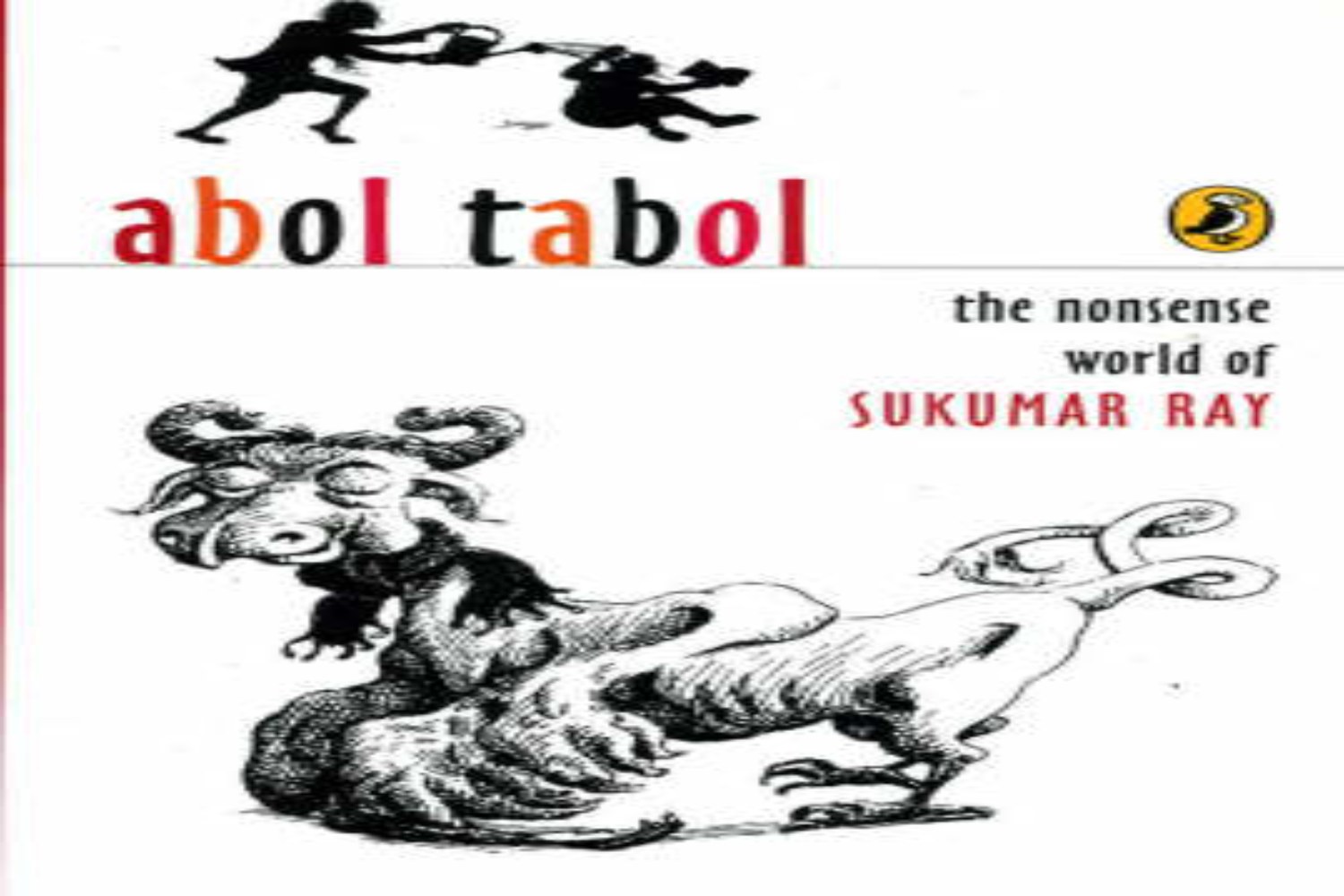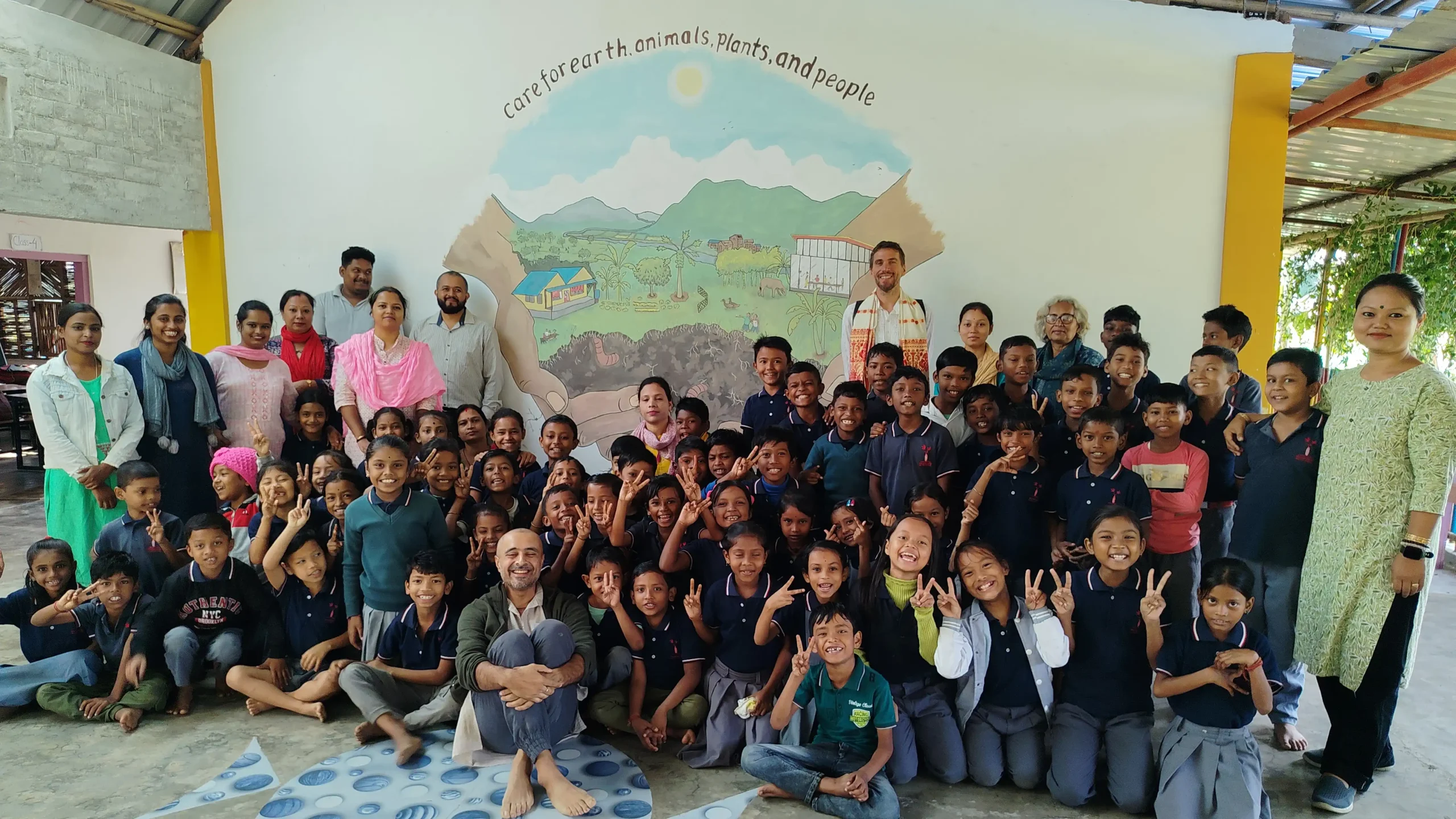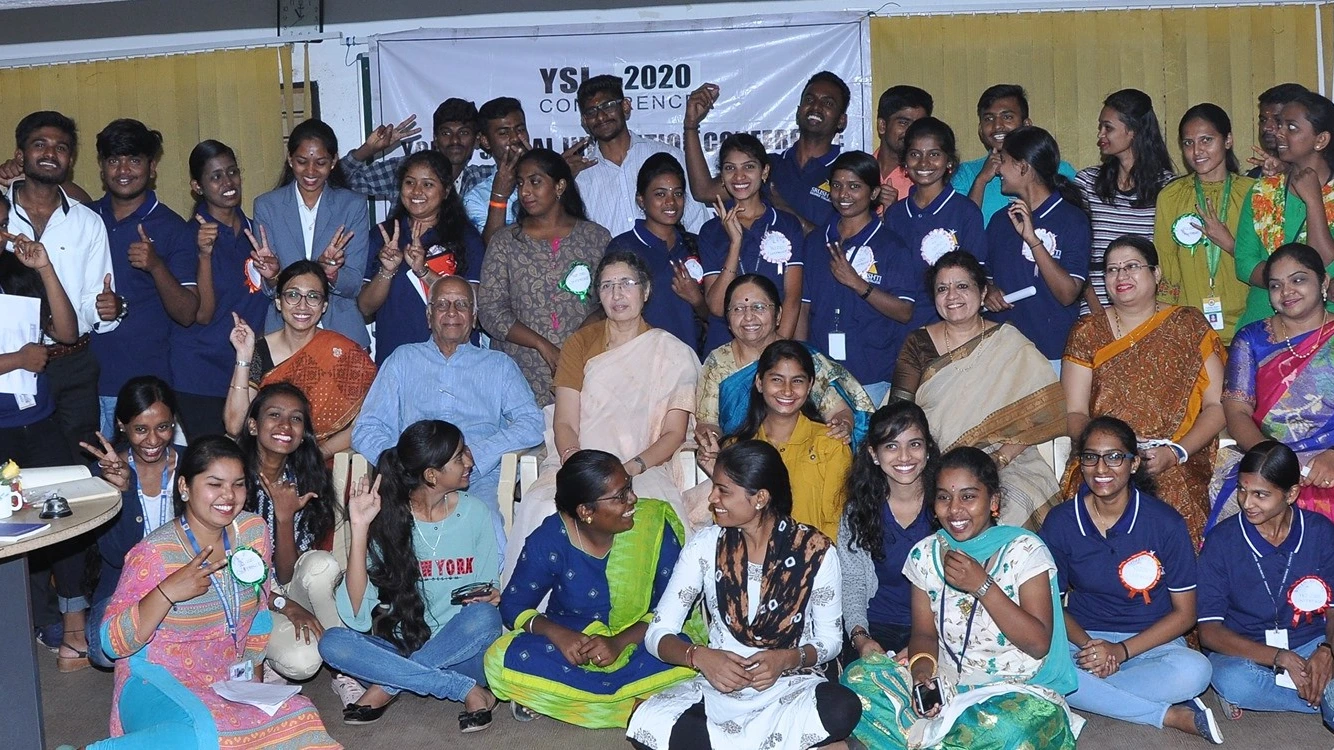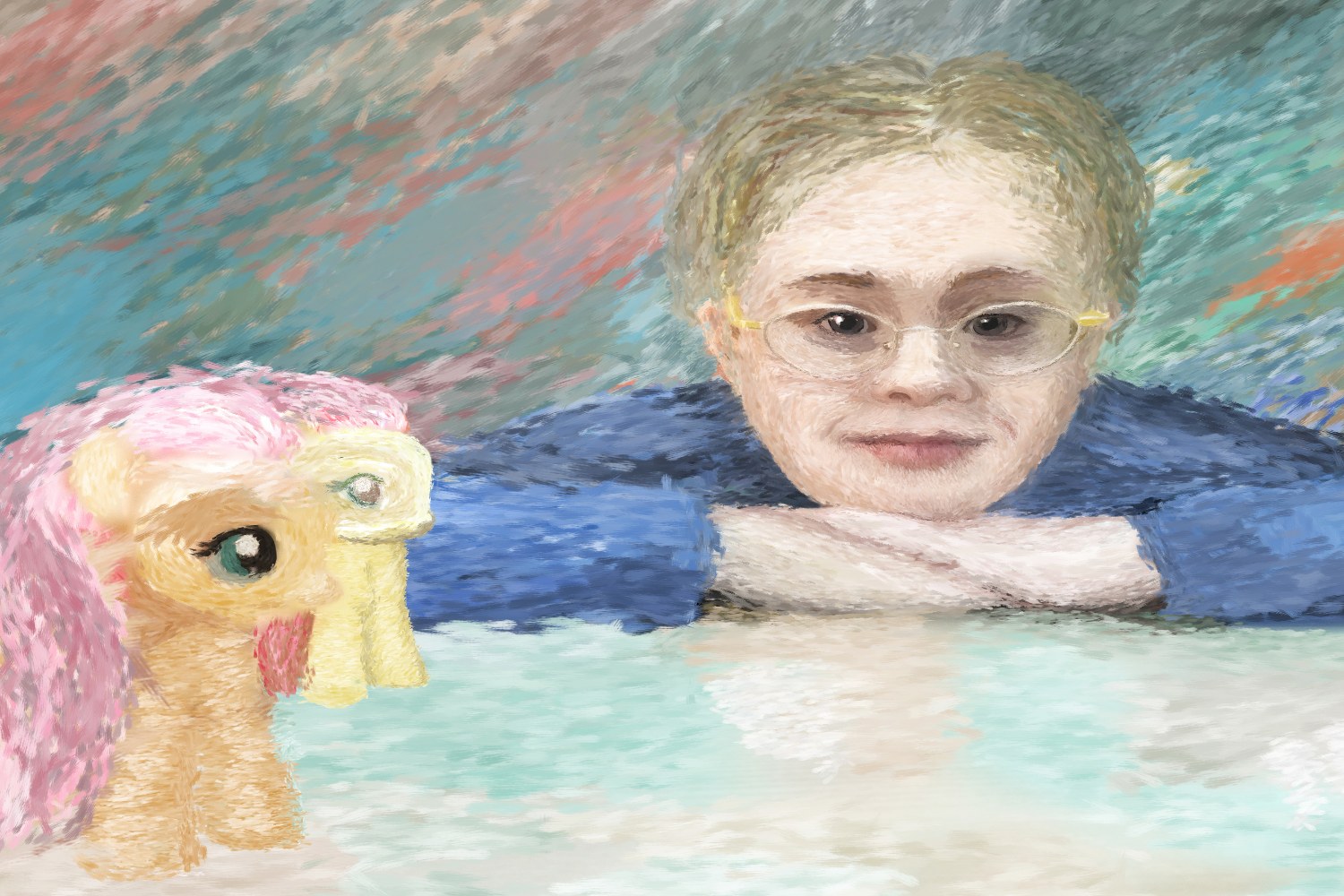Reminders and Retreats for Our Hearts in This Time of Loss
Explore books offering solace and perspective during the Covid-19 pandemic. From engaging novels to insightful memoirs, discover eleven recommendations for understanding the world in crisis and finding comfort amidst the turmoil.

Caught in the midst of the second wave of the Covid-19 pandemic, many of us have been confined indoors as the world goes by, in and out of hospitals and crematoria, in and out of phone calls and TV screens, in and out of condolence meets and work meets. The world moves on and yet does not move at all. We all find ourselves navigating a complex maze that is emotionally fraught, strangely disconnected, where isolation is prized and privileged, unless the inevitability of daily bread forces you to the streets and the crowds. Many of us work in such situations as well in supporting stricken communities where we live and work. There are many ways of understanding this world and coming to terms with it in all its complexity. Books can sometimes provide an avenue of exploration as well, and a wide-ranging one at that, given the long history of print that has allowed for the evolution of so many forms of writing to be available for an interested reader.
Books can emerge a refuge, where you take a break from the cares of the world, or can help you with perspective to understand the current situation in which we find ourselves hopelessly mired. A book can be opened and closed at your convenience, mood, interest and you can pick it where you left it earlier. You don’t have to read a book to completion. You can skip pages if you like; you can read them fast or slow. You aren’t compelled to like everything you read. Find your pace, space and read.
Reading doesn’t necessarily have to be a solitary activity. You could instead listen to some one read out a book to you or as part of a group. Sometimes, reading can be tiring after a long day in front of the screen or being outside in emotionally challenging situations. Taking turns while reading together and listening to each other, in person, on the phone or on zoom, can be a wonderfully comforting way to stay connected. Books can be inclusive for those who like to read, those who do not like to or are not comfortable with the act of reading, and for those who are constrained by conventional modes of print availability or access to books.
Here are eleven books you can explore that look at the world in crisis, both within the individual and in the outside world. These volumes will hopefully allow us to explore ways to find our own way through the crisis as well.
Books for retreat
Carvalho by K. P. Purnachandra Tejaswi: Carvalho is a slim novel set in the lush forest communities of the Western Ghats in Karnataka. The unnamed narrator undertakes an adventure with an expert on reptiles who is in search of a rare species of lizard that lives deep in the forest on tall trees. Also on the search are local community members Mandanna the lizard spotter, Biryani Kariappa the climber of tall trees, and Prabhakara the tag-along. The story is short, and the writing easy to read by yourself or together. Fun-filled and incident-prone, the story can be enjoyed as such. But tough questions on our natural world, lived social realities and friendship appear easily in the narrative as well.

The English translation is published by Sahitya Akademi. The original in Kannada is also available from other publishers as are translations in Hindi, Marathi, Bangla and Malayalam. Tejaswi’s novel Chidambara Rahasya is available through Sahitya Akademi in major Indian languages and English.
Combine reading Carvalho with Birds, Beasts and Bandits: 14 Days with Veerappan by the wildlife photographers Krupakar and Senani, a gripping true account of their kidnapping by Veerappan in the late 1990s in the Bandipur forests of south Karnataka. The book is available through Penguin in an English translation, with the original in Kannada, and it has been widely translated into many Indian languages including Hindi.

Books for loss
H is for Hawk by Helen McDonald: H is for Hawk is a path-breaking and award-winning memoir that was published in 2015 by Vintage. When the British writer Helen McDonald faces the sudden loss of her father, she begins an unusual journey to tame a bird of prey, the Goshawk. Helen is determined but fragile and the bird is independent, fierce and unaware, and sometimes to Helen, uncaring of her state of mind. The book is about her story of navigating the evolving relationship with the bird as much as it is letting go of her father.

Combine reading H is for Hawk with Wave by Sonali Deraniyagala, a 2013 memoir by a Sri Lankan author, published by Knopf, who movingly writes of her coming to terms with the sudden loss of her entire family – parents, husband and children – to the Indian Ocean Tsunami in 2004. Both the books deal with the bewildering range of emotions that a person facing loss has to confront, from grief to guilt to fear to loneliness, and they strike the right tone for these times when we all face losses of our own.

Books for our time
The Decameron by Giovanni Boccacio: The Black Death, or the Plague as it was called in fourteenth century Europe, comes to Italy. Seven young women and three young men escape medieval Florence and move to a rural retreat. In order to pass time, they take turns in telling stories to each other every day. The Decameron is a compilation of one hundred stories, each of them short and easy to read by themselves but together making a thick tome of over 900 pages. The stories hold together through the narrative of the daily living of the ten central characters.

The themes of the stories reveal themselves as the days pass, and the tensions and undercurrents of living together for extended periods of time emerge revealing many universal truths of humanity – jealousy, love, anger, altruism – even in the face of adversity. A 700 year-old classic of Italian literature, it is widely available in translation in English through many publishers and a copyright-free version is available for download on the Project Gutenberg website.
You can read the French classic, The Plague by the Nobel Laureate Albert Camus that is located in an unnamed city where a plague breaks out and society collapses in response. The novel is narrated by a doctor who asks many difficult questions, that we are currently confronting ourselves in the second wave of the Covid-19 pandemic. Gripping and unforgettable, this book is available widely through many publishers and across many Indian languages including Hindi.

You can also read Spillover: Animal Infections and the Next Human Pandemic by David Quammen to gain perspective on the origins of diseases like Covid-19, termed as zoonoses, or diseases of animal origin. The book explores the manner in which these diseases leave their animal hosts and become global diseases in human populations. Historical examples of different diseases are described in detail in a well-anchored narrative that shows the trajectory of past pandemics and warns us of future ones. When David Quammen published the book in 2013 with Random House, little did he know that Covid-19 was only years away. Currently, the book is only available in English, and is yet to be translated into any Indian language.

Books that are reminders
The following three books serve as examples, not necessarily wholly representative or exhaustive, reminding us that while we are currently in the grip of a virus that does not biologically discriminate between individuals, we also live in a society where the disadvantaged sections of society are disproportionately affected by the very same virus. These three books ask questions of now, of the past, and the ins and outs of our society that are laid out bare in the open by the pandemic.

First, Motherwit by Urmila Pawar is a collection of fourteen short stories by a pioneering Dalit feminist writer who explores a wide range of themes intersecting caste, gender and modernity in rural and urban Maharashtra. Translated from Marathi and published by Zubaan Books, this particular collection is not available in translation in other Indian languages. However, other collections of Urmila Pawar’s short stories are widely available in major Indian languages through Sahitya Akademi.
Aosenla’s Story by Temsula Ao is the story of Aosenla looking back to her life on the journey that has been for her as a woman, as a mother, and as a Naga. The narrative is tinged with sadness as Aosenla looks at missed opportunities, lost identity and a stifled voice that is the reality of millions of women in this country. This novel in English is published by Zubaan Books and is also available as an e-book. Temsula Ao’s short story collections on life in the Naga Hills during the turbulent 1970s and 80s have been published by Sahitya Akademi and translated into many Indian languages including Hindi.

Bihar is in the Eye of the Beholder by Vijay Nambisan is an easy-to-read, nonfiction account of spending sixteen months in a small town in Bihar. Nambisan, the well-known English language poet and journalist, lands up there along with his surgeon wife when she gets a job there in a hospital. In this book he paints a picture that is true not just of Bihar but of most of India – caste tensions, corruption, crumbling and often non-existent services and structures of health care, education and transport – and resilient people. What more can one say as a reflection of the times of today? The book was published by Penguin in 2001 and continues to remain in print.

Books for the heart
Finally, there has to be occasions, even in dark times such as these, where we can lighten up in laughter. Abol Tabol by Sukumar Ray is very much a book for such a time, filled with nonsense poetry that has regaled generations of Bengali children and adults. While the book is brimming with fun-filled sketches of inimitable characters and happenings, it was a critique of society of the time during its first publication in the 19th century. Now, however, they are among the most accessible poetry we can find that appeals to both children and adults alike. They have been widely translated into many Indian languages and are available in multiple editions and translations in English.




No approved comments yet. Be the first to comment!